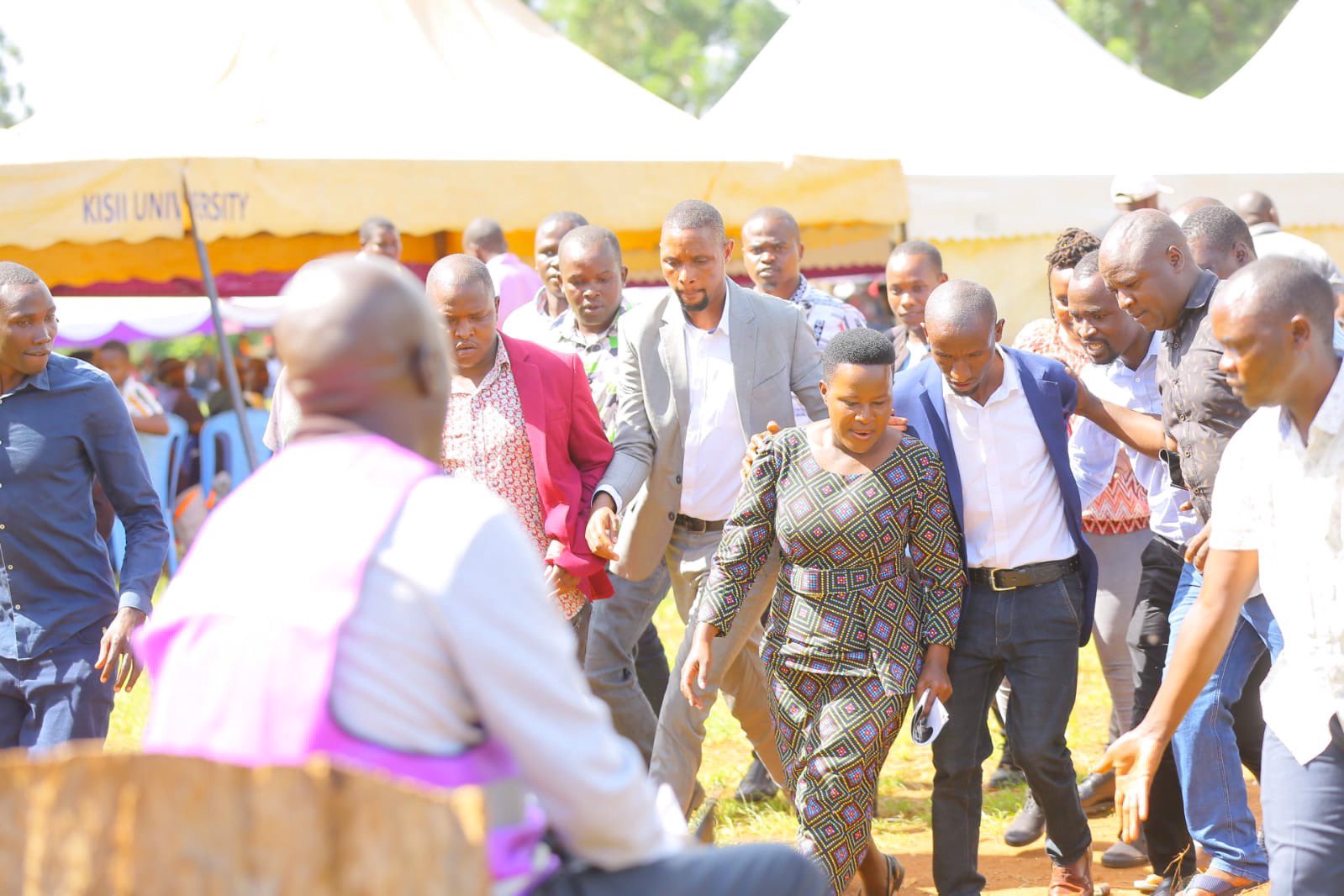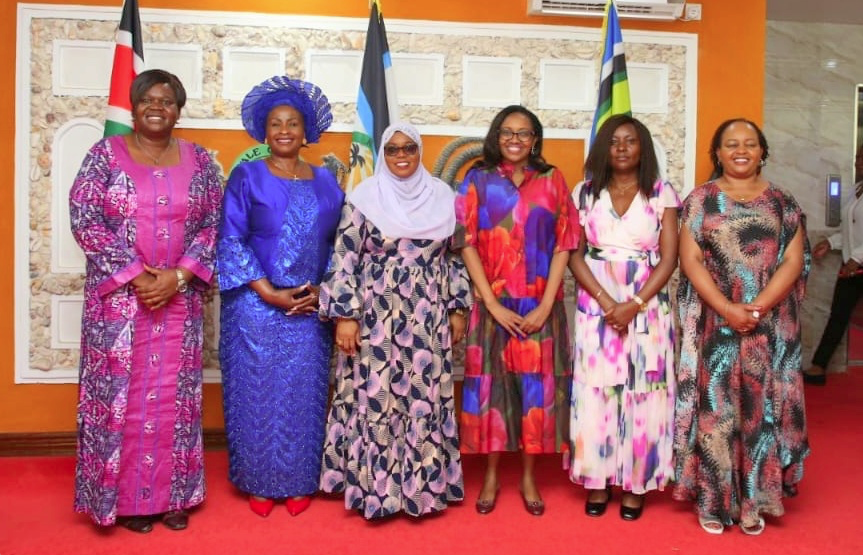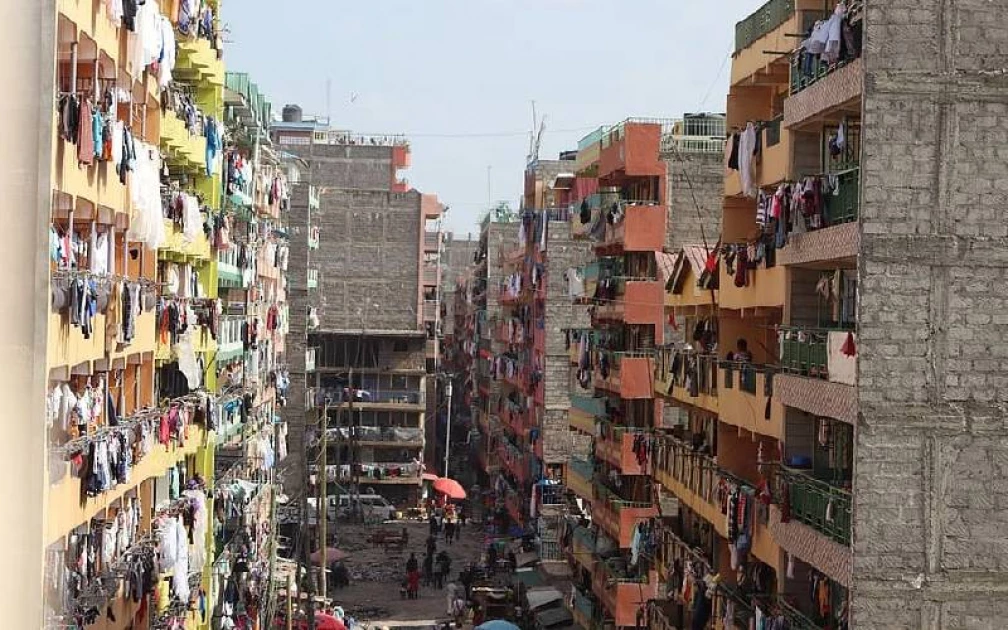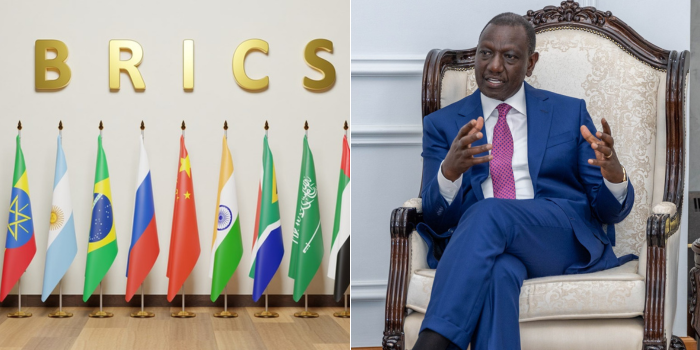“Adani must go” Court Adjourns JKIA Adani Deal Case After Public Protest Disrupts Virtual Hearing
The Kenyan High Court has adjourned the hearing on a case filed by KHRC and LSK challenging the concession of JKIA to Adani Group. The adjournment followed public protests during the virtual session, calling for transparency in the 30-year deal. The case resumes on October 22 in open court.
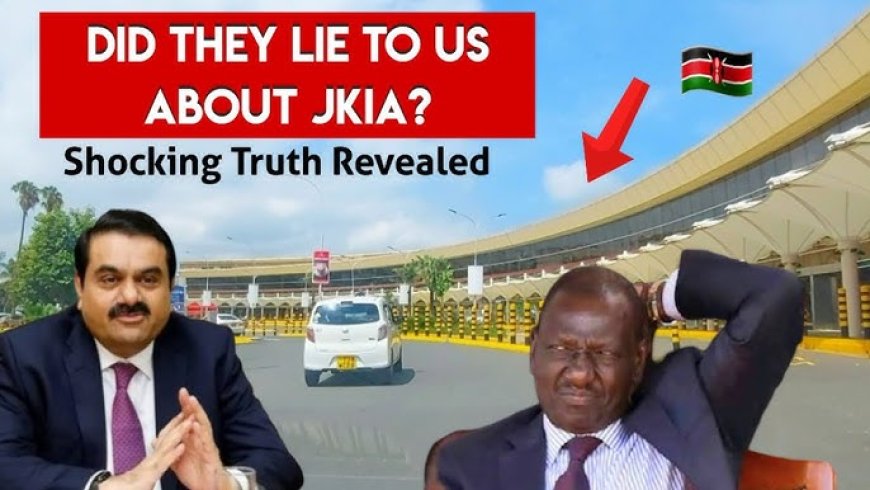
The Kenyan High Court has adjourned a hearing on a case challenging the concession of Jomo Kenyatta International Airport (JKIA) to India's Adani Group. The case was filed by the Kenya Human Rights Commission (KHRC) and the Law Society of Kenya (LSK), who argue that the concession is illegal and violates Kenyan laws, including the Public-Private Partnerships Act of 2021. They are demanding the cancellation of the 30-year deal.
The controversial concession, leaked by a whistleblower in July, involves Adani Group building a new terminal and taxiways at JKIA. However, the secrecy surrounding the agreement has angered many Kenyans, as the government has refused to disclose the details of the deal. This public outrage was evident in the virtual court hearing, where protesters joined the session, chanting "Adani must go," disrupting the proceedings.
“The hearing of the case cannot proceed due to the level of noise in the background on the virtual platform,” stated Justice Bahati Mwamuye, who then adjourned the case to Tuesday, October 22 at 11 am, for an in-person hearing.
Earlier, on September 10, the court had suspended the project pending a final decision on the matter. The government’s transparency over Adani Group's investment has been questioned, especially concerning the construction of transmission lines under a similar build-and-operate agreement.
Adani Group, owned by Gautam Ambani, India's second-richest man, had earlier signed a $736 million deal to build, operate, and transfer four transmission lines and two substations over a 30-year period.
President Ruto’s administration has defended such projects, arguing that public-private partnerships (PPPs) are essential for funding Kenya's infrastructure needs as rising national debt limits government spending.
However, the KHRC and LSK insist that Kenya can raise the $1.85 billion needed to upgrade JKIA locally without turning to foreign companies. They also argue that the Adani deal does not benefit Kenyan taxpayers.
“The Adani proposal is unaffordable, threatens job losses, exposes the public disproportionately to fiscal risk, and offers no value for money to the taxpayer,” KHRC and LSK argued in court.
The case continues to draw public interest, with many Kenyans calling for transparency and accountability in such large-scale infrastructure deals.
Read More.
What's Your Reaction?








